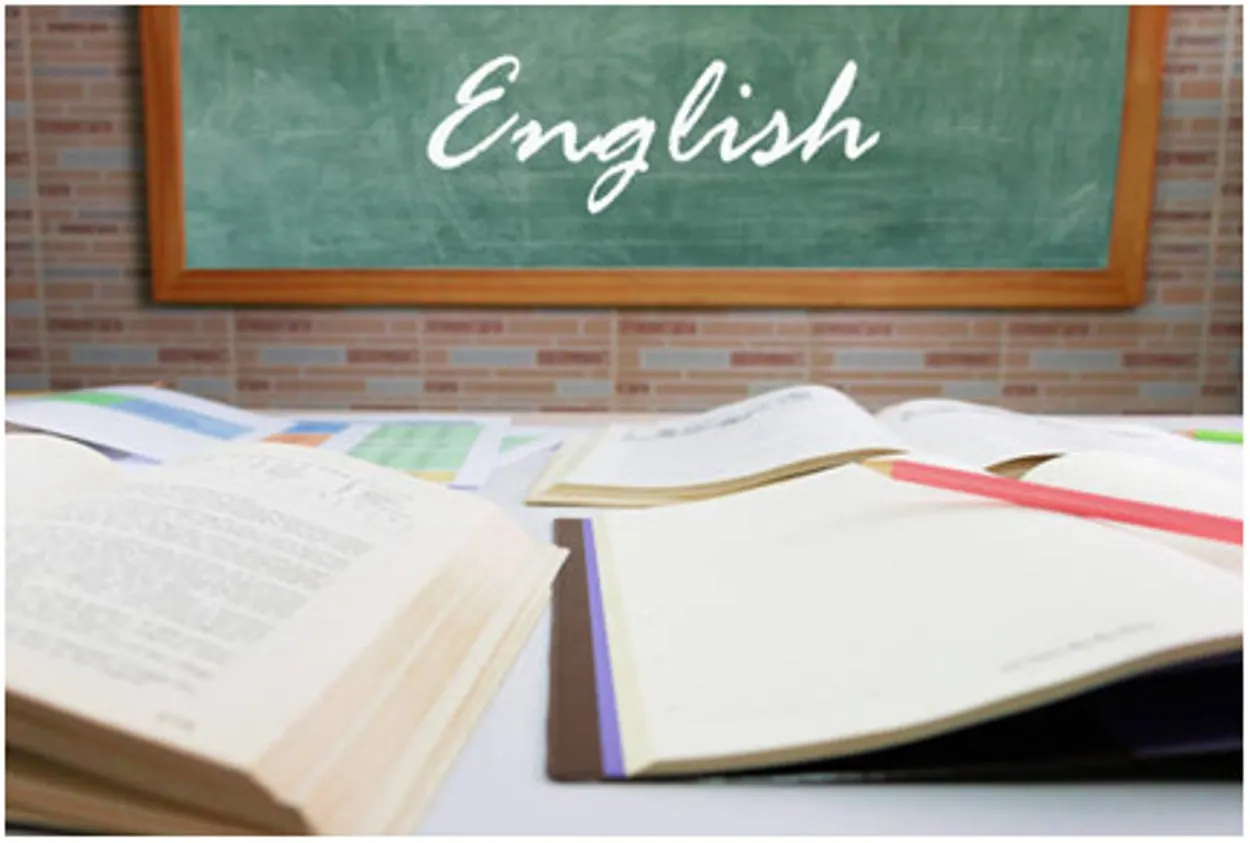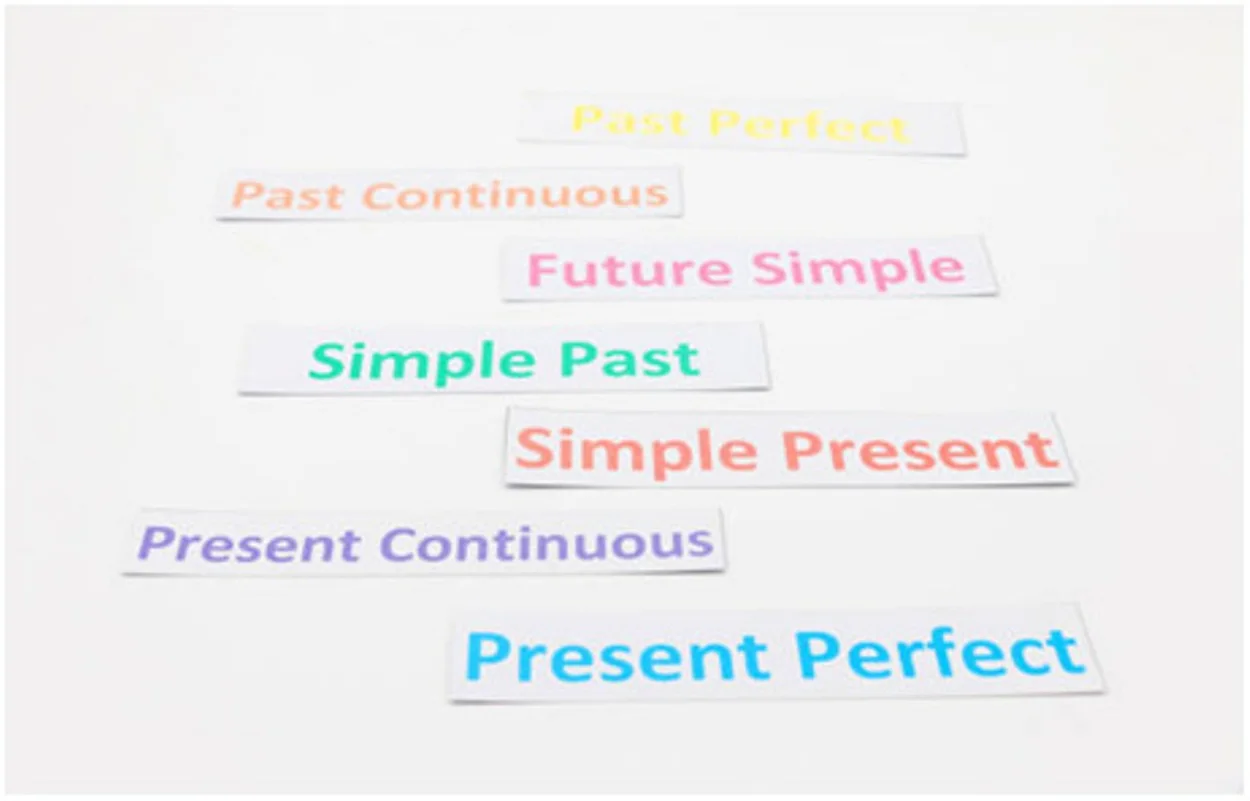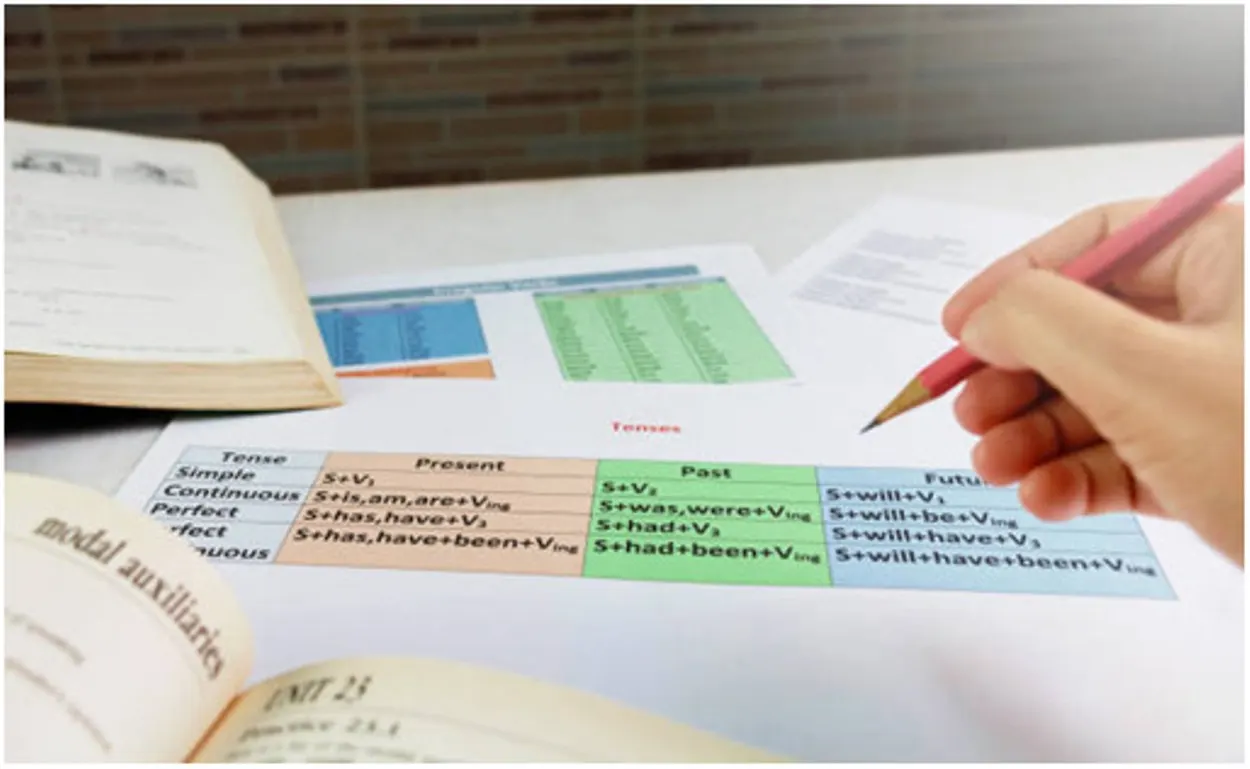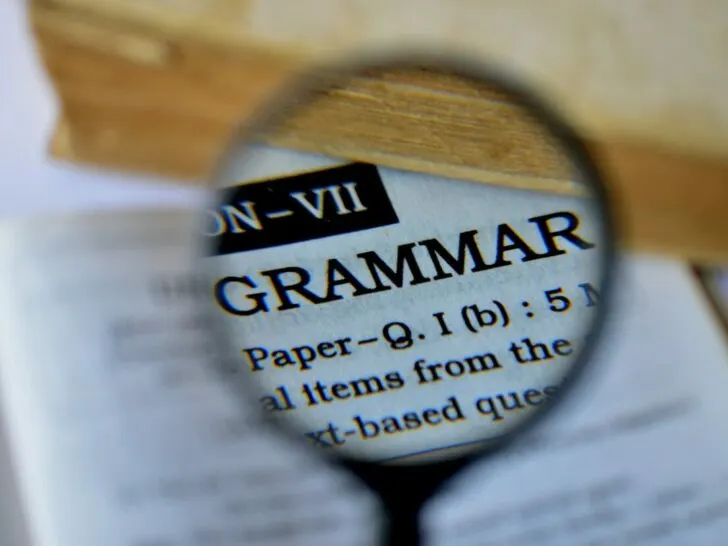“I have been working” and “I have worked” play an important role in English as they are both forms of the present perfect tense.
The present perfect tense describes actions or events that happened in the past but has a connection to the present. It is formed with the auxiliary verb “have” (or “has” for third-person singular) and the past participle of the main verb.
“I have been working” suggests that I began a particular task in the past and that I am still completing it today. This is written in the active voice and the perfect continuous tense.
“I have worked” indicates that this is a past occurrence, which is correct as you speak, but it does not specify a time. This is written in the passive voice and the present perfect tense.
Both tenses are commonly used in both spoken and written English and are essential for effective communication in the language. Understanding their usage and differences can help speakers and writers convey their intended meaning more clearly and effectively.
Let’s get into the details!
Difference Between Them
The main difference between “I have been working” and “I have worked” is the emphasis on the duration of the action.

“I have been working” is in the present perfect continuous tense, emphasizing the action’s ongoing nature. It suggests that the movement started in the past and continues in the present or has just finished.
For example, “I have been working on this project for five hours” means that the speaker started working five hours ago and is still working on the project.
“I have worked,” on the other hand, is in the present perfect tense, emphasizing the action’s completion. It suggests that the movement started in the past and was completed at some point before the present.
For example, “I have worked on this project for five hours” means that the speaker worked on the project for five hours at some point and has now finished working on it.
In summary, the present perfect continuous tense emphasizes the ongoing nature of the action, while the present perfect tense emphasizes the completion of the action.
Let’s take a closer look at the table below, which summarizes the differences between “I have been working” and “I have worked.”
| “I have been working“ | “I have worked“ | |
| Been | “Been” is used as the past participle of “be” to form the present perfect continuous tense. | “Been” is not used in the present perfect tense. |
| Tense | Present perfect continuous | Present perfect |
| Emphasis | Ongoing nature of the action | Completion of the action |
| Example | “I have been working on this project for five hours.” | “I have worked on this project for five hours.” |
| Duration | Emphasizes the course of the action | May or may not emphasize the time of the activity depending on the context |
| Present | Suggests that the action is still ongoing in the present | It does not suggest whether the effort is still ongoing in the present |
“Been” is used in “I have been working” to form the present perfect continuous tense, emphasizing the action’s ongoing nature.
In contrast, “I have worked” uses the past participle of the verb without “been” to form the present perfect tense, which does not emphasize the ongoing nature of the action.
Overall, “I have been working” describes an action that started in the past and is still ongoing or has just finished and emphasizes the continuing nature of the action. It is often used with adverbs like “hard” or “long” to underscore the effort or duration of the action.
“I have worked” describes an action that started in the past and was completed at some point before the present. It may or may not emphasize the duration of the action depending on the context and can be used with various adverbs to describe the manner or extent of the action.

10 Example Sentences Using the Phrase “I Have Worked”
- I have worked in several different countries. This sentence suggests that the speaker has had work experience in multiple countries.
- She has worked here for five years. This sentence indicates that the speaker’s colleague has been employed at the same company for five years.
- They have worked together on several projects. This sentence implies that a group has collaborated on several projects.
- We have worked hard to achieve our goals. This sentence shows that the speaker and their team have made much effort to reach their objectives.
- He has worked as a doctor for over a decade. This sentence indicates that someone has been in the medical field for over ten years.
- The team has worked diligently to improve their performance. This sentence suggests that a group has exerted considerable effort to enhance their skills and capabilities.
- He has worked with many high-profile clients over the years. This sentence shows that the speaker’s colleague has had the opportunity to work with several well-known clients throughout his career.
- They have worked through many challenges to get to where they are today. This sentence implies that a group of people has encountered numerous difficulties but has persevered to achieve success.
- I have worked on this project for months. This sentence indicates that the speaker has been working on a project for a prolonged time.
- She has worked tirelessly to build their business from the ground up. This sentence suggests that someone has made a significant effort to establish their own business.
10 Example Sentences Using the Phrase “I Have Been Working”
- I have been working on this business report all morning. This sentence suggests that the speaker has been continuously working on a report, including the present moment.
- She has been working as a freelance writer for the past year. This sentence indicates that the speaker’s colleague has been continuously employed as a freelance writer for the last year.
- They have been working on improving their communication skills in the workplace. This sentence implies that a group of people has been continuously focusing on enhancing their ability to communicate with one another while on the job.
- We have been working on this project for weeks and are almost finished. This sentence shows that the speaker and their team have been continuously working on a project for several weeks, and they are nearing completion.
- He has been working on his painting for hours. This sentence indicates that someone has been continuously engaged in painting, including the present moment.
- The team has been working on resolving customer complaints for the last few days. This sentence suggests that a group has continuously addressed and resolved customer complaints for several days.
- She has been working to improve her fitness level for months. This sentence shows that the speaker’s colleague has continuously focused on improving her physical fitness for several months.
- They have been working on reducing their environmental impact as a company. This sentence implies that a group of people has been continuously working to decrease their company’s negative impact on the environment.
- I have been working on my time management skills this semester. This sentence indicates that the speaker has been continuously striving to improve their ability to manage their time effectively throughout the current academic semester.
- He has been working hard to save up for a new car. This sentence suggests that someone has been continuously putting in much effort to save money to purchase a new vehicle.

What is the Rule of “Have Been” Tense?
The present perfect tense with “have been” depicts a previous action that continues up to the current time. Here are some different definitions and examples of the rule for using “have been”:
- Used for continuous or ongoing actions that started in the past and continue up to the present
Example: She has been studying English for two years.
- Used to describe the duration of a state that started in the past and continues up to the present.
Example: They have been married for ten years.
- Used to describe repeated actions that started in the past and continue up to the present.
Example: He has been playing the guitar for hours every day.
- Used to describe an experience that still has relevance or impact on the present.
Example: I have been to Paris before.
In summary, “have been” is a form of the present perfect tense used to describe an action that started in the past and continues up to the present. It can describe continuous or ongoing efforts, the duration of a state, repeated measures, and past experiences that still have relevance.
Is It Correct to Say, “I have been working since morning”?
It is correct to say, “I’ve been working since morning,” if you started working in the morning and have continued to work until now.
“Since” indicates a starting point in time, and “morning” refers to the time of day when you began working.
What Is The Difference Between Present Perfect And Progressive Tense?
The main difference between present perfect and progressive tenses is that the present perfect focuses on completing an action, while the progressive emphasizes its ongoing nature.
The present perfect also emphasizes the result of the action, while the advanced direction is the act itself.
Conclusion
- “I have worked” is a statement that indicates the completion of work in the past. It is typically used to convey a sense of accomplishment or achievement.
- “I have been working” is a statement that indicates ongoing work activity that includes the present moment. It emphasizes the continuity of the action over time and can suggest effort or diligence.
- It is typically used to explain why someone may not be available for other activities or feel tired.
Other Articles
- What’s The Difference Between “I Have Had” And “I Had”? (Facts Revealed)
- What Is The Difference Between “Evocation” And “Magical Invocation”? (Detailed)
- What’s the Difference Between the Adjectives Different and Differing? (Explained!)

